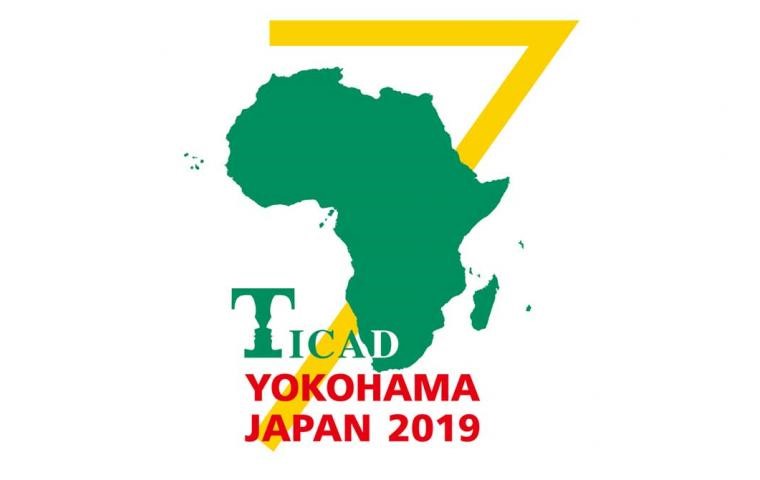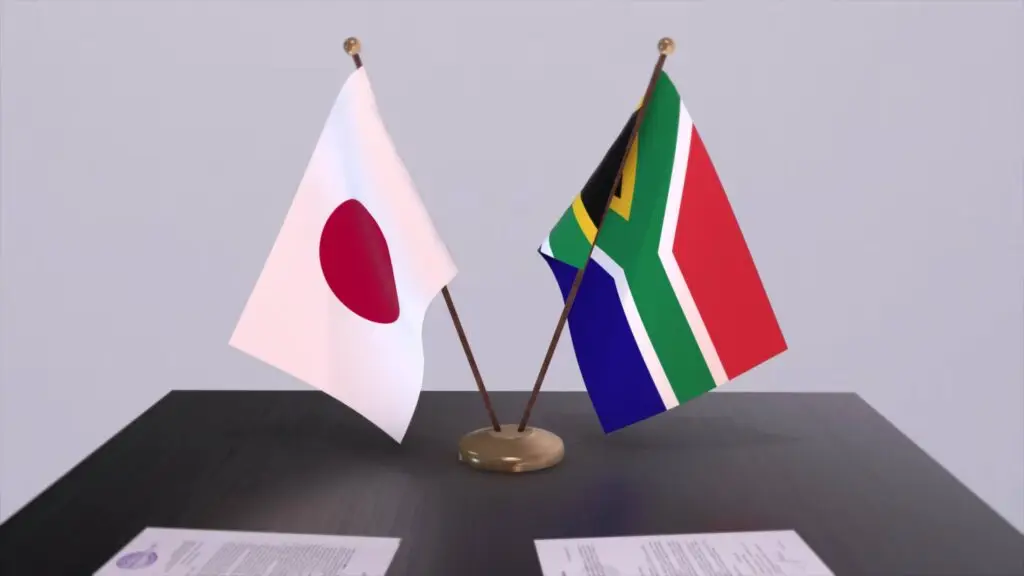Why should South Africans set their eyes on TICAD?
The Tokyo International Conference on African Development is a long-running business conference that invites government officials, investors, and entrepreneurs all over the globe, aiming to provide insight and interest in African markets. Co-hosted by the Japanese Ministry of Foreign Affairs, United Nations and African Union Commission, TICAD is a space where Africa’s rich agriculture, mineral and manufacturing sectors are recognized as integral in global trade. Since 1993, the conference was a hotbed for African-Japan relations, investigating ways in which development can expand key areas like food and healthcare across the region. This move was to direct preconceptions that Africa was full of malaise, seeing the continent as a land full of successful professionals, talented workforces and overflowing with lucrative potential. Around TICAD’s conception, the Cold War prevented economic interest from growing in the region. Japan moved against this view in lieu of optimism; Africa is important just like any other part of the world. For over 20 years, TICAD has brought not only grant-aids but also technological innovation in Africa, bringing thousands of schools, healthcare facilities and shelter with basic sanitation across the board. Throughout the years, Japan joined 48 African countries during the conference, exhibiting the latest technology, business trends, economic insights, and solutions to emerging problems both regions face. African leaders can introduce investment opportunities to spread their business globally, but Japanese organizations can also see what lucrative industries they may operate in, making international cooperation more efficient. Moreover, private, and public sectors together not only promote mutual trade between nations but also bring stakeholders together who can drive Africa’s development forward, so much so that African professionals formed the New Partnership for Africa’s Development (NEPAD) Plan. TICAD forums open the floor for businesses to brainstorm solutions to various challenges such as poverty, hunger, and healthcare. The latter was more particular in the region during COVID-19, which formed the basis of TICAD 8 in Tunisia. Accountability is also at the forefront of TICAD. Follow-up meetings where status of implementations goals are confirmed by representatives, proving that African-Japan business partners stick to their word. As TICAD 9 is around the corner, what should South African businesses expect? Various seminars on sustainability and developmental challenges will be conducted along with tons of exhibitions both from Japan and Africa in industries such as food, fishery, healthcare, manufacturing, and pop culture. E-sports (which has begun to rise locally), anime and cross-cultural goods will feature this year, an exhilarating platform for local and international businesses to find investment opportunities in a highly demanding area. Japan’s strength manufacturing, food and biology is also noteworthy. If domestic entrepreneurs wish to thrive globally, these sectors are the most important. What South African should also be excited about are the seminars; ministers, officials and business leaders alike join to discuss viable solutions to various regional challenges. Local or not, these issues affect the entire globe. With countries like Nigeria, Kenya, Egypt and Japan, South Africa could partake in projects that can address problems that can lead to a better tomorrow. TICAD 9 will take place in Yokohama, Japan from the 20th to 22nd August, organized by the Japan External Trade Organization (JETRO) and the Japan Business Council for Africa (JBCA).
Why should South Africans set their eyes on TICAD? Read More »






